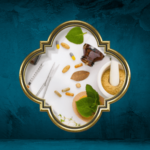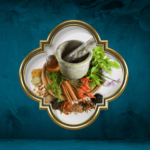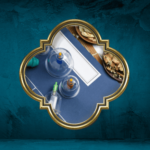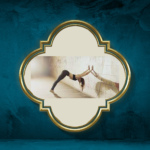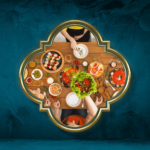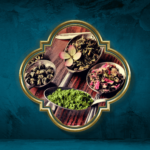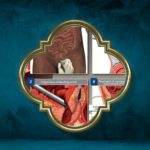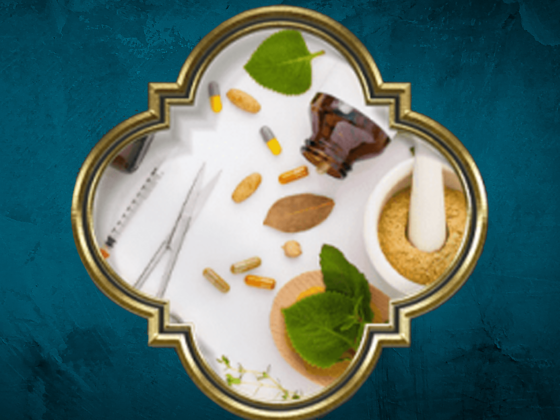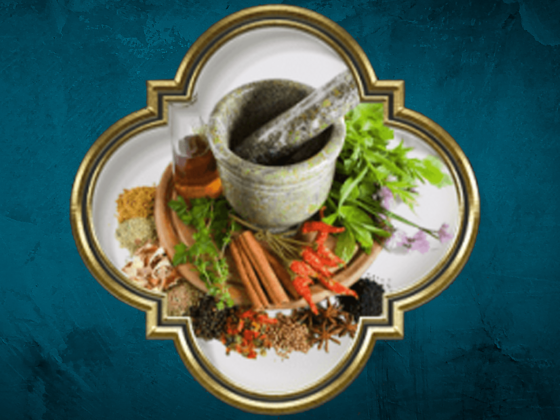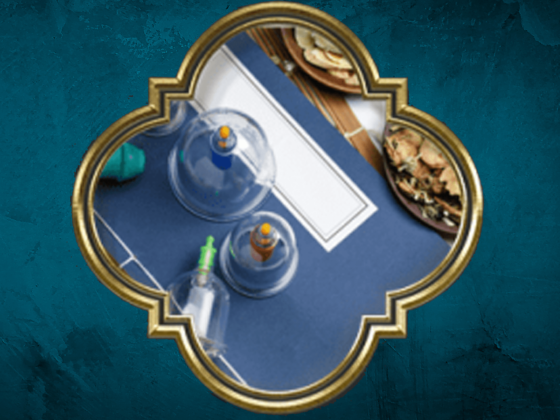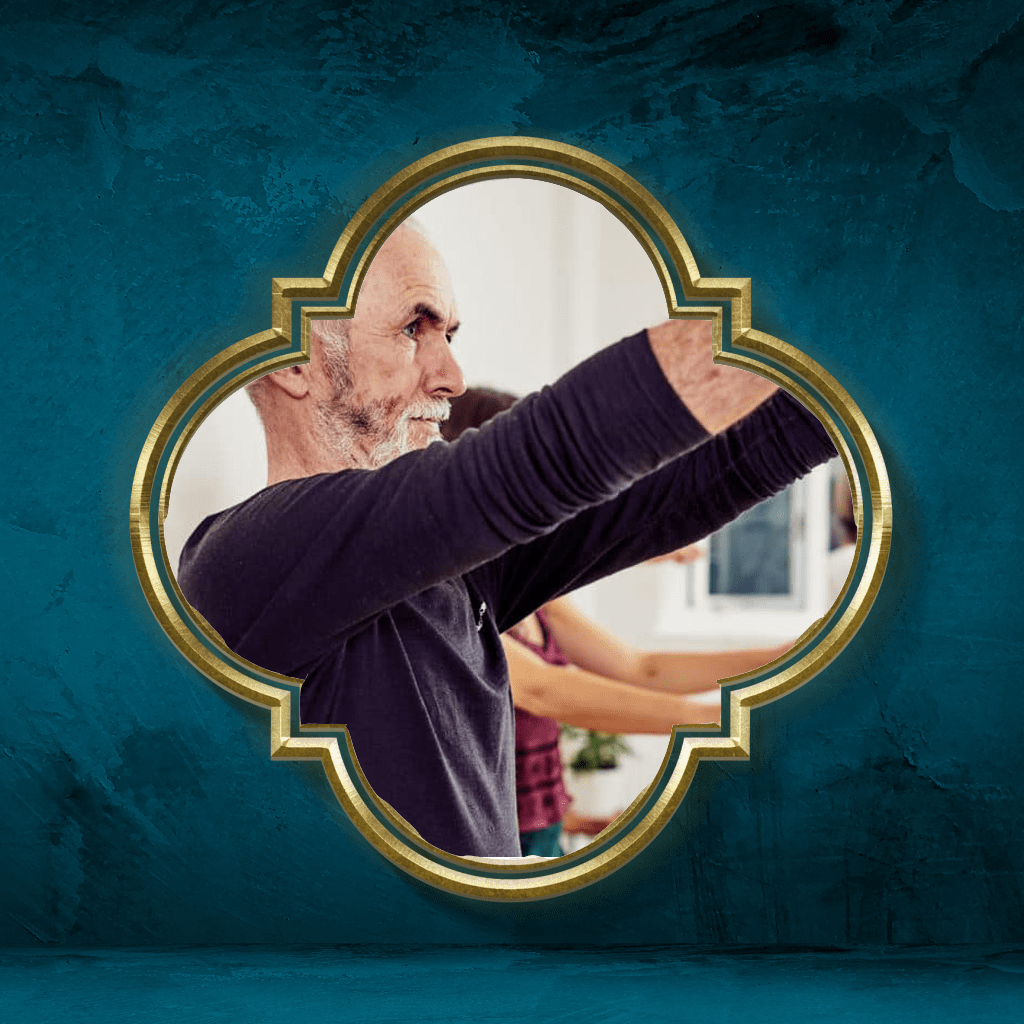
Movement and stillness (exercise and rest)
From the viewpoint of Persian medicine’s great scholars (Hokama), including Avicenna (Ibn Sina), the first step in maintaining health is management of exercise. The best way to excrete waste products, caused by food maturation and digestion ( that are not excreted through urine or stool and are gradually accumulated in the body) is by doing exercise. The moderate and temperament-related physical activity enhances natural heat (Hararat-e-Gharizi), matures and dilutes waste substances and excretes them by sweating. Exercise should be in moderation. During exercise, if the breathing and sweating go excessive, the physical activity must be stopped.
According to Persian medicine’s viewpoint, conditions are mentioned for exercise, which if they are not observed, it will endanger health.
– The best time to exercise in the spring is around noon, in the summer is at the morning, and in the winter is in the evening; the intensity of exercise should be lighter in spring and summer and heavier in autumn and winter.
– Exercise time should be adjusted with eating time. Do not exercise when you are hungry and immediately after eating; it is also best to empty the bowels and bladder of urine and feces.
– People with hot and dry temperaments should not exercise excessively; On the contrary, people with cold and wet temperaments should exercise more than others.
– Drinking cold water during or immediately after exercise is not recommended.
– One of the best ways to relieve fatigue and muscle cramps after exercise or strenuous physical work is massaging with a proper oil after a warm bath. For hot area, violet oil and for cold area, chamomile and dill oil are recommended.
If the fatigue is due to walking, putting the feet in warm water is also useful for relieving fatigue.
Dr. Razie Nabi Meybodi
Editor and translator: Dr. Fatemeh Alizadeh Vaqasloo

